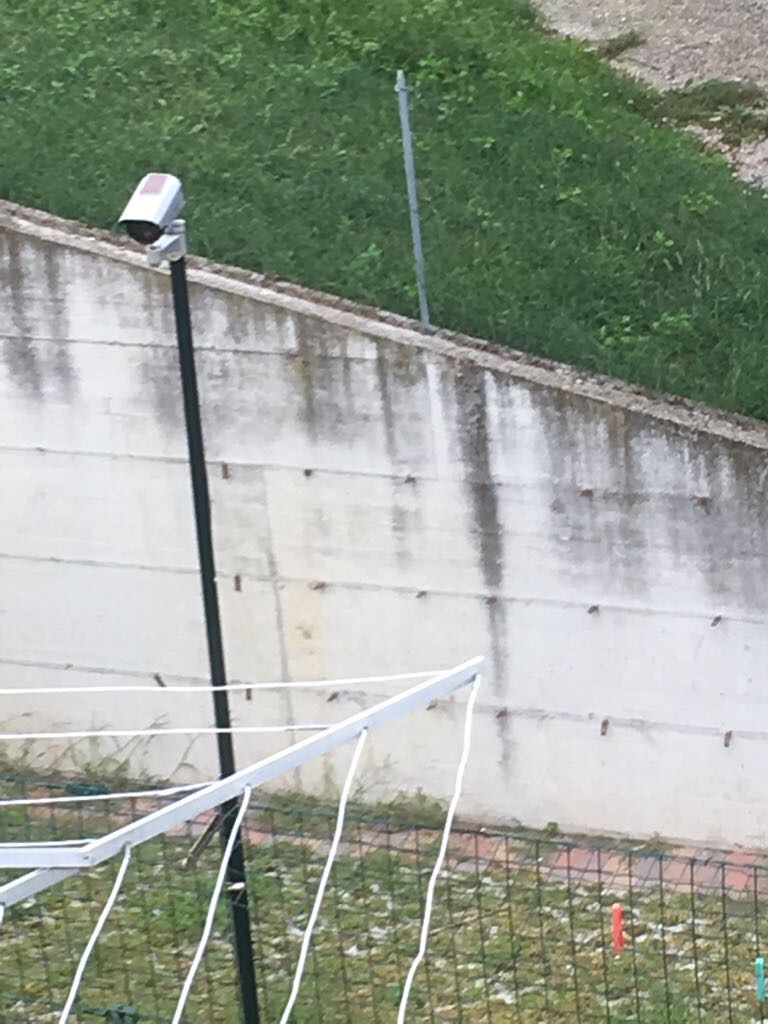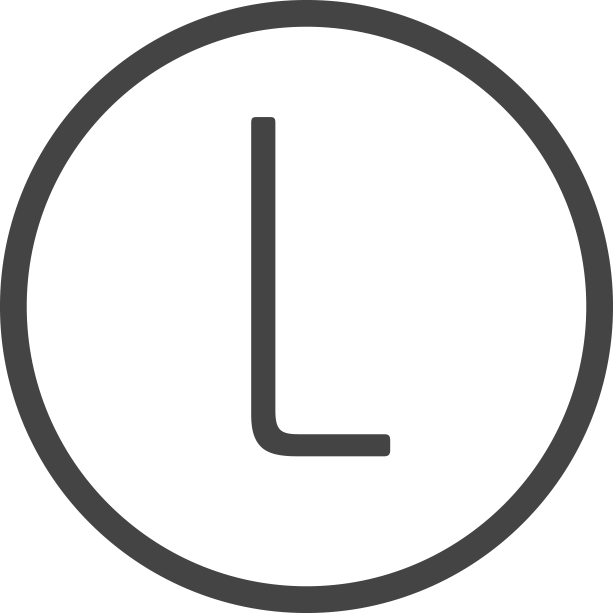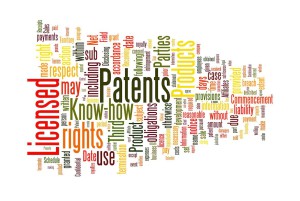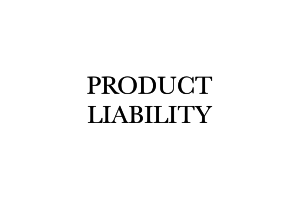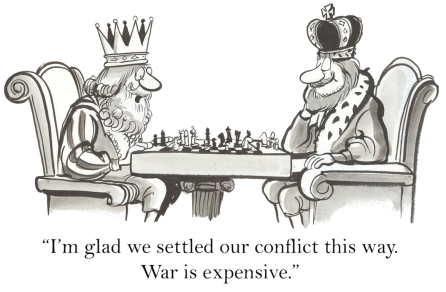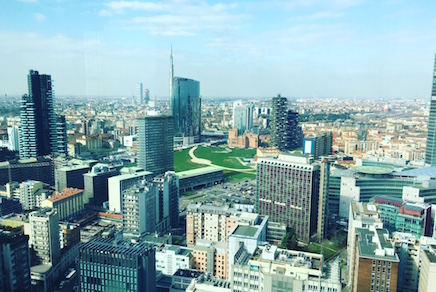Sanction imposed on Russia (and to so extent to their fellow friend countries, as well) since Crimea invasion in 2014, fall basically into two categories-
-
the first consists in a set of measures (namely freezing of assets existing in the EU and a general travel ban) against individuals or entities which are considered as decision-makers, or of important collateral support in the present Russian policy (in other words, Mr Putin, his gang, and all controlled organizations). This has been established by Regulation 2014/269 of March 17, 2014.
-
The second consists in a set of provisions aimed to prevent, or regulate import and export of given goods/technologies between the EU and the Russian federation. This has been established by Regulation 2014/833 of July 31, 2014.
The EU has imposed similar sanctions against Belarus on account of their complicity in Russia’s military aggression against Ukraine.
Since 2014 both regulations have been constantly amended, in the sense of having the ties harshened, by means of corrective interventions called “packages”. Just few days ago, the EU Council adopted the 14th package. In the official EU website, one can easily access all the legal instruments relating to the EU sanctions adopted so far. An unofficial consolidated version of both Reg. 269 and 833 is also available.
As is usually the case when sanctions are adopted against a State, it tries to find ways to avoid them. The simplest way is through triangularization. The goods enter or leave the sanctioned State, passing via a complacent third State.
While it is difficult to intercept individual fraudulent transactions, general statistics (however unreliable they may be to some extent) provide the overall picture. For instance, export from the EU to Kazakhstan in 2023 show an increase of 5.6% on 2022. Similar figures are reported for UAE, Serbia, Turkey and other ex- Soviet countries which all are rumored to re-export to Russia.
One countermeasure may be to hold traders accountable[1]. The “No Russia” (“No re-export to Russia”, indeed) clause does just that.
Art. 12g of Reg 833 now provides as follows-
-
When selling, supplying, transferring or exporting to a third country, with the exception of partner countries listed in Annex VIII to this Regulation, goods or technology as listed in Annexes XI, XX and XXXV to this Regulation, common high priority items as listed in Annex XL to this Regulation, or firearms and ammunition as listed in Annex I to Regulation (EU) No 258/2012, exporters shall, as of 20 March 2024, contractually prohibit re-exportation to Russia and re-exportation for use in Russia.
-
Paragraph 1 shall not apply to the execution of contracts concluded before 19 December 2023 until 20 December 2024 or until their expiry date, whichever is earlier.
-
In application of paragraph 1, exporters shall ensure that the agreement with the third-country counterpart contains adequate remedies in the event of a breach of a contractual obligation concluded in accordance with paragraph 1.
-
If the third-country counterpart breaches any of the contractual obligations concluded in accordance with paragraph 1, exporters shall inform the competent authority of the Member State where they are resident or established as soon as they become aware of the breach.
-
Member States shall inform each other and the Commission of detected instances of a breach or circumvention of a contractual obligation concluded in accordance with paragraph 1.
This means that any EU exporter, in dealing with a buyer established in a “questionable” country (i.e neither member of the EU, nor listed in Annex VIII, now including USA, Japan, Switzerland, S Korea, the UK, Australia, New Zealand, Canada), must formally agree upon a ban for buyer not to re-export, or let the sold goods/technologies however utilized in Russia. Also, adequate remedies must be provided for in the clause, for the event of breach of it.
A duty to report to the competent authorities in case of breach, has also been provided.
The measure was introduced on occasion of the adoption of the so called 12th package of sanctions, in December 18, 2023, effective from March 20, 2024 (contracts already in place in December 2023, however, have been granted a 1-year suspension).
There is no precise wording a No-Russia clause has to have. However, this template has been circulated by the EU Commission[2]:
“(1) The [Importer/Buyer] shall not sell, export or re-export, directly or indirectly, to the Russian Federation or for use in the Russian Federation any goods supplied under or in connection with this Agreement that fall under the scope of Article 12g of Council Regulation (EU) No 833/2014.
(2) The [Importer/Buyer] shall undertake its best efforts to ensure that the purpose of paragraph (1) is not frustrated by any third parties further down the commercial chain, including by possible resellers. (3) The [Importer/Buyer] shall set up and maintain an adequate monitoring mechanism to detect conduct by any third parties further down the commercial chain, including by possible resellers, that would frustrate the purpose of paragraph (1). (4) Any violation of paragraphs (1), (2) or (3) shall constitute a material breach of an essential element of this Agreement, and the [Exporter/Seller] shall be entitled to seek appropriate remedies, including, but not limited to: (i) termination of this Agreement; and (ii) a penalty of [XX]% of the total value of this Agreement or price of the goods exported, whichever is higher. (5) The [Importer/Buyer] shall immediately inform the [Exporter/Seller] about any problems in applying paragraphs (1), (2) or (3), including any relevant activities by third parties that could frustrate the purpose of paragraph (1). The [Importer/Buyer] shall make available to the [Exporter/Seller] information concerning compliance with the obligations under paragraph (1), (2) and (3) within two weeks of the simple request of such information.”
Of course, drafting may be adapted to fit properly to any operator’s need. The important thing is to catch the spirit of the obligation, and to set an effective and serious obstacle against the risk of circumventing the ban.
Indeed, the obligation is limited to certain type of goods/technologies (namely
- dual-use goods;
- aviation goods as listed in Annex XI;
- fuel and additives as listed in Annex XX,
- weapons and ammunitions as listed in Annex XXXV,
- some other sensitive goods and technology, as listed in Annex XL.
However, it should be considered that a No-Russia clause (in the form above, or any other of similar effects) can be usefully utilized in any instance of supply of goods/technologies other than those contemplated in art. 12g, and already under embargo. It is the case e.g. of–
-
the goods or technology relating to the extraction industry, as listed in Annex II
-
the luxury goods listed in Annex XVIII
-
the goods “which could contribute to the enhancement of Russian industrial capacities”, as listed in Annex XXIII
having in mind that the “indirect” export is expressly banned.
Those who are interested in receiving a free copy of the annotated materials, please write to newsletter@lexmill.com.
____________
[1] A request to use due diligence has been made by the EU Commission in their Notice to economic operators, importers and exporters of 01-04-2022 (2022-C 145 I-01).
[2] See the EU Commission, FAQs on sanctions against Russia and Belarus, with focus on the following provision: Article 12g of Council Regulation (EU) No 833/2014, of Feb 22, 2024 at https://finance.ec.europa.eu/publications/no-re-export-russia-clause_en.

